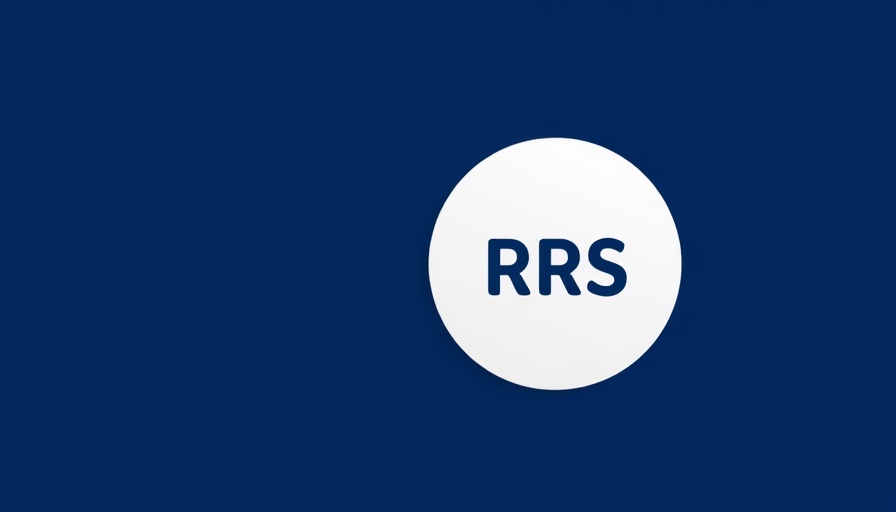
Examining the Constitutional Concerns of Florida's Higher Education Bill
As the Florida Senate gears up to consider Senate Bill 1726, questions regarding its constitutionality have ignited spirited debates across the state. The proposed legislation seeks to revamp how university leadership is selected, sparking concerns about governance, accountability, and the role of the Board of Governors versus university trustees.
The Bill's Intent: Math the Vision of Excellence
Sponsored by Sen. Alexis Calatayud, the bill aims to assure that Florida’s higher education system continues to uphold academic excellence. The legislation mandates that the presidential search committee propose three candidates for final consideration, bringing some form of structured accountability into what has historically been a contentious process.
Calatayud suggested that the bill is designed to foster transparency and improve the selection process of university leaders. However, critics like Sen. Blaise Ingoglia underscore that this approach may lean heavily into a more localized decision-making structure, potentially sidelining the authority traditionally held by the Board of Governors.
Understanding the Governance Structure
The Board of Governors for Florida’s university system plays a crucial role in overseeing the operations of state universities. It consists of 17 members, with a majority appointed by the governor. This board has historically been the body that confirms university leadership. By granting university trustees the final say over presidential hires, some lawmakers fear a constitutional conflict may arise.
Ingoglia raised an important point during discussions: “How is this not unconstitutional where you’re giving the trustees final say so over the [Board of Governors], when the constitution has it exactly the converse?” This concern highlights the ongoing tension between state oversight and institutional autonomy.
The Broader Context of Higher Education Governance
The orientation of governance within public universities often reflects broader national trends in education policy and governance. Recent years have seen numerous states grappling with similar issues, where the balance between state control and institutional independence can lead to significant shifts in educational quality and accountability.
In similar legislative efforts across the country, many have argued for a system that reflects local needs and governance styles. Yet, the risks of potential abuses of power or mismanagement are high when local trustees assume increased decision-making authority.
Balancing Governance and Academic Excellence
While ensuring academic excellence is paramount, the methods in achieving this goal are a contentious debate. The proposal by Calatayud carries inherent risks; its implementation risks creating a fragmented governance environment where the priorities of the Board of Governors may clash with local trustees. This legislation provides a unique opportunity to investigate whether these changes will genuinely lead to enhanced academic outcomes or simply shift power dynamics without delivering measurable improvements.
Future Implications of Senate Bill 1726
The passage of this bill could set a precedent for future legislation about higher education governance in Florida. Experts are closely monitoring the developments, as the outcomes of this bill could influence policymaking in other states contemplating similar frameworks. If enacted, it may also reshape voter perceptions regarding university governance and the role of state oversight in publicly funded higher education.
Ultimately, the discussions surrounding Senate Bill 1726 highlight critical issues that resonate beyond Florida. As this bill approaches a full Senate vote, its consequences may ripple through higher education governance across the nation.
What’s Next?
The bill is moving to the Senate floor for a vote after gaining momentum in prior committee discussions. As legislators and the public await the outcome, it is essential to keep an eye on how this legislation will shape the future landscape of Florida's higher education system.
For individuals interested in the future of governance in higher education, active engagement in this discussion is crucial. Monitoring the outcomes, participating in local debates, and understanding the implications of such legislation can lead to more informed decisions and advocacy in your communities.
 Add Row
Add Row  Add
Add 



Write A Comment